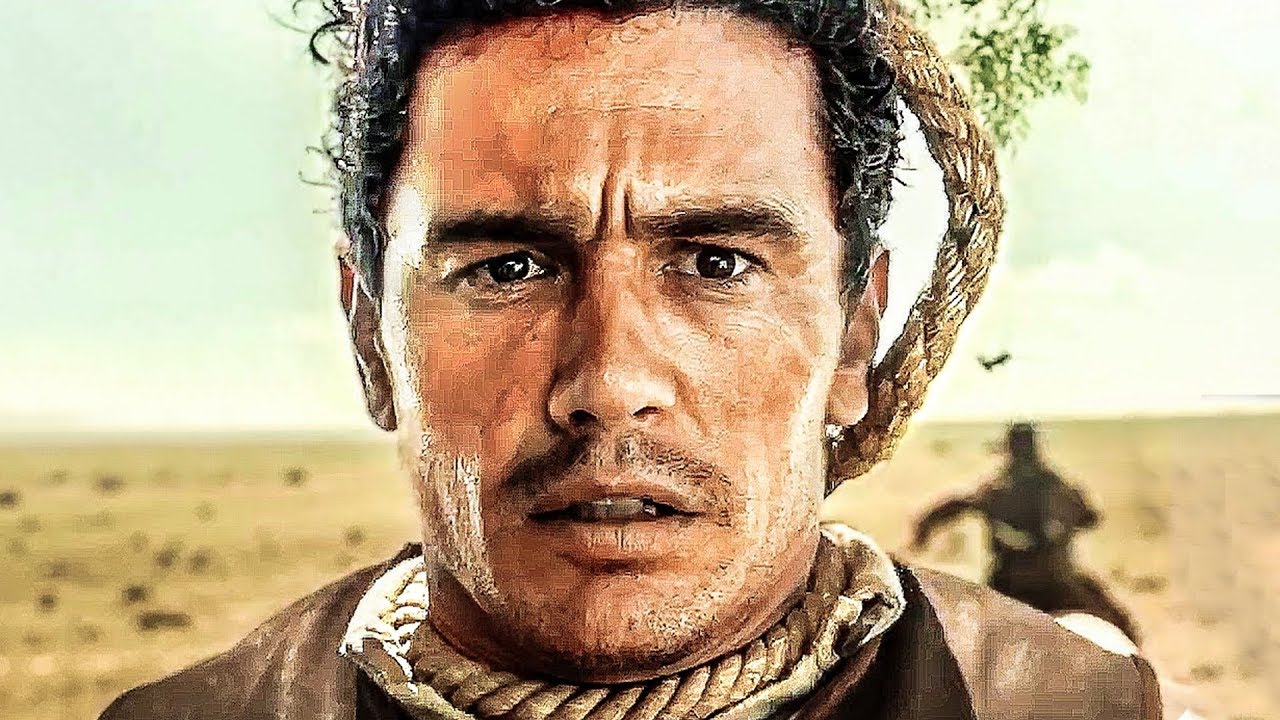
“There will be a time when the superhero movie goes the way of the Western.” Steven Spielberg said this back in 2015, and while superhero movies have not died out yet, he does have a point.
Genre popularity in film is finite. Sure, there are revivals and resurgences, but a good amount of film genres has gone the way of the dodo. Whether it be due to excess or simply change in tastes, no genre is invincible. However, not all filmmakers are so willing to let some genres go. Some genres may have seen their glory days, but even right now, there are a good number of movies that pay tribute to the genres of days past. Sometimes that means deconstructing them, sometimes it means just trying to replicate them, but the entries here represent the best of the forgotten. The last remains of the most deceased of genres.
1. The Lego Batman Movie (2017) – The Parody Movie
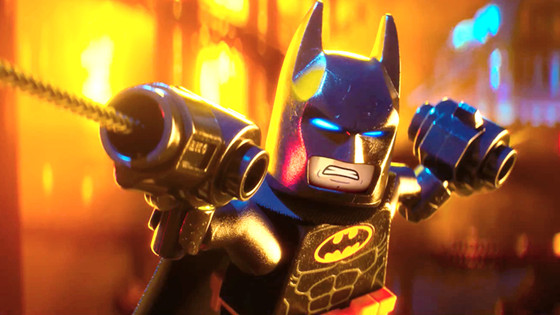
Parody movies have been all but extinct after the works of Zucker, Abrahams, and Zucker, and despite the many of their films were comedies for older audiences, a couple of the most notable successors to their style come in the form of kids movies.
The Lego Movie was beyond accessible for kids, but it also took many shots at other kids movies released in the same decade. It spoofed the cheap tactics they used for plot mechanisms such as songs, the annoying optimism of kids films, and how forced their messaging is.
The Lego Batman Movie does much of the same but is gloriously playful in its treatment of the caped crusader, its legacy in film, and the culture built up around him. It is a parody of Batman himself. As Leslie Nielsen’s detective was as every bit hapless for his counterparts were competent, Batman sadness can only be matched by his lack of overbearing emotions in live action movies.
The film’s premise has so much fun at Batman’s expense, using him as a hopeless romantic desperate for love and companionship after so much time fighting crime and having no one to come home to. But while that comprises the central plot the little moments are what makes the film such a great parody, how it devotes itself to making jokes about Bale’s voice, the cheesier history of the character, and the incessant complaints by fans over the lack of villains used in the Dark Knight’s films. It is a parody that covers everything you could want to see out of a Batman parody, whether that be a lighter touch such as the growing intimacy between Batman and Joker, or something as blunt as making fun of Robin’s real name. It has got it all.
2. La La Land (2016) – The Hollywood Musical
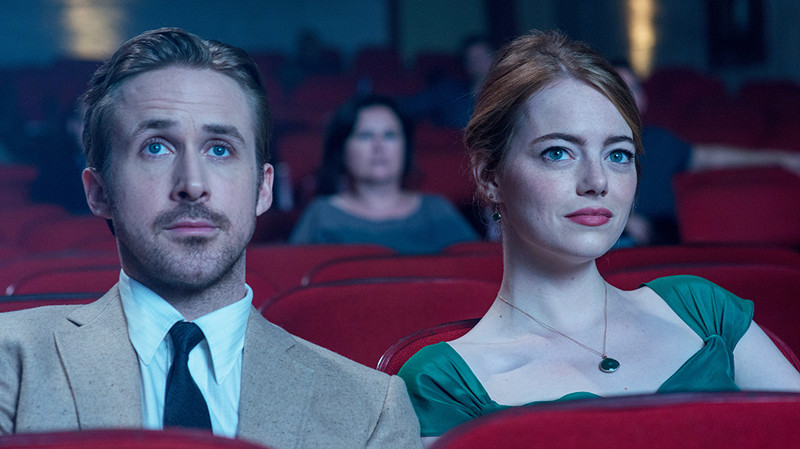
When it comes to so many dead genres, newer entries attempt to reinvent themselves, to go against genre conventions to offer something totally new. La La Land dips into this, yes, but it is also a film that fully basks in the arguable excess of Golden Age musicals.
Like the days of old, the love story of Mia and Sebastian is a traditional but poignant love story, almost always told in a gleeful manner. The look is romanticized, and the long takes of musical numbers are very reminiscent of the Kelly and Astaire days of old.
Why La La Land can still very much be considered a film that goes against its genre is the lens it views Hollywood through. It is not an infallible location but a real place of heartbreak and regret. La La Land is about sacrifice, about giving up love, which was practically nonexistent in days of old. The centerpiece of the movie’s enlightened position is the audition scene, a lament to the many deserving and undeserving talents alike, who get caught up in the allure of Hollywood, but cannot seem to get much out of it besides that.
3. The Ballad of Buster Scruggs (2018) – Traditional Western
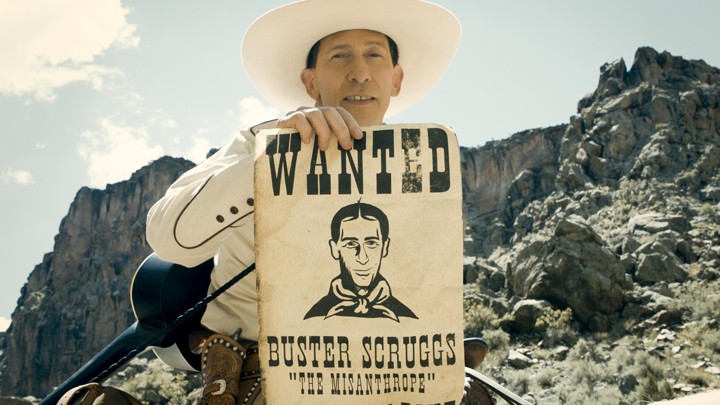
The Coens are very much the reason why the neo-western is so notable these days, as No Country for Old Men proved bringing a darker edge to older tales of thieves and law can work to great effect. Yet the traditional western, the westerns of the frontier are long forgotten. They are painfully rare but the Coens themselves filmed one that is a marvelous antithesis to older western ideas, while still very much paying tribute to what makes westerns so great in the first place.
Visually, the film is very much a love letter to 20th century westerns. It is full of crusty saloons, expansive deserts, and snow-crusted towns which are all well-known images of the western canon, but the Coens do not just settle there. They give new looks, such as the untouched, jungle-like valley in story 3 or the rose-covered skies in story 5.
At the same time, Scruggs feels like an expose of the very heroics of old western heroes and frontier justice. The film is populated with greedy, unforgiving characters willing to betray their fellow man at a moment’s notice. The violence is unapologetic and ugly, unlike the righteousness of westerns shootouts of old. The idea may find its fullest expression in the opening story, where the main cowboy is a near psychopathic maniac who laughs and grins as he guns down anyone and everyone that dare challenges him.
4. Popstar: Never Stop Stopping (2016) – Mockumentary
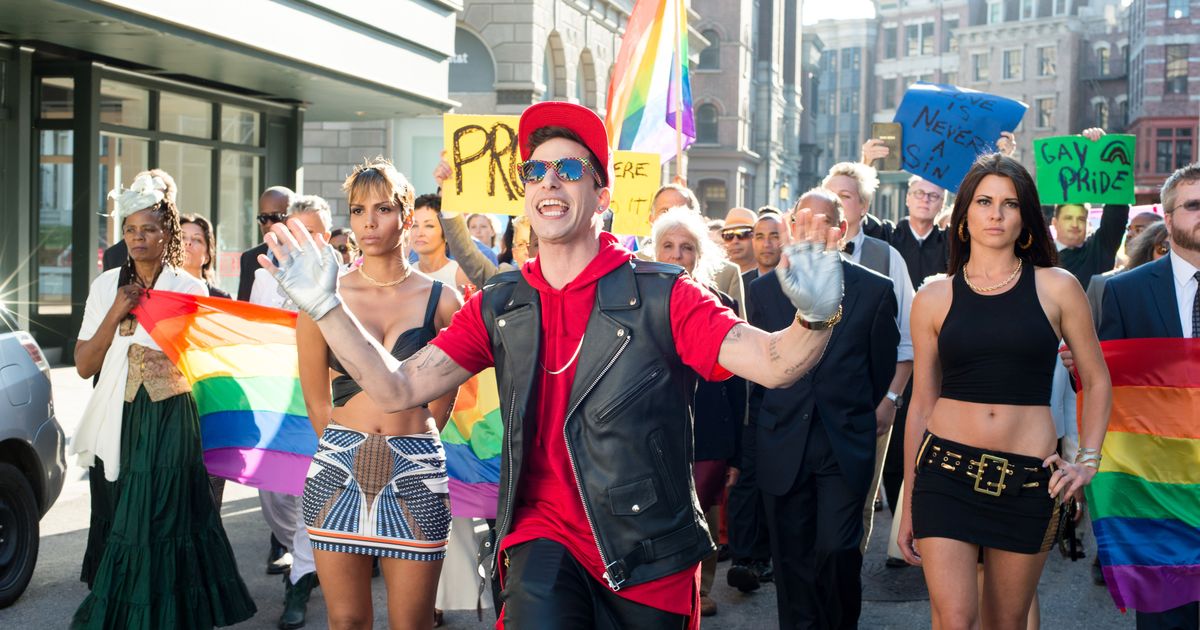
Even with the success of The Office, mockumentaries are still rarely materialized in film form. The film owes a lot to This Is Spinal Tap, but at the end of the day distances itself from the dry, light style of Guest.
While Guest’s films were sympathetic to its main characters and merely pointed out the everyday jokes of human nature, Popstar is a scathing takedown of egotism of “musicians” in the 2010s. Its load of raunchy content and attempt to test the barriers of what is considered to be politically correct is a far cry from the relaxed methods of Guest. Popstar is articulating an evolution of comedy. It is a masterwork of transparent stupidity and randomness that are not just products of meme culture, but of the Lonely Island themselves.
5. Death Proof (2007) – B Movie
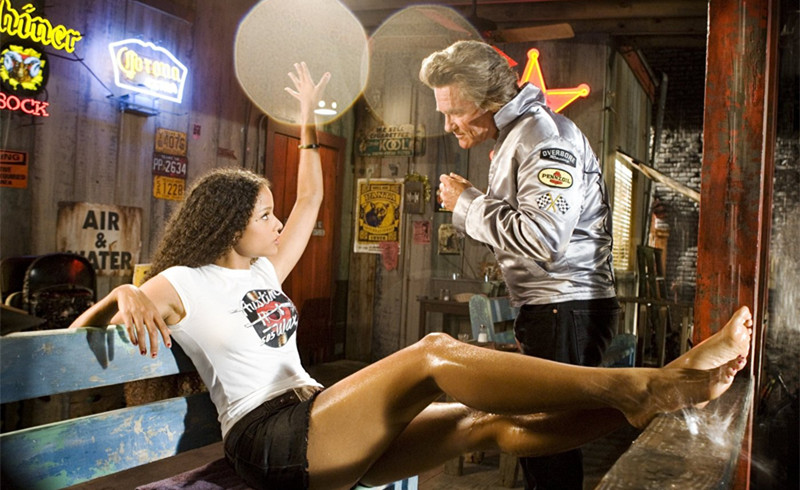
The B Movie may be the deadest genre on this list, as creative minds and studios alike are fearful that intentional flaws and awkwardness will translate as bad, untrained filmmaking. Tarantino, on the other hand, quite simply does not care.
Death Proof is full of the gusto of old B movies. It is embracing a forgotten art of jolted editing, excessive blood, and tongue-in-cheek references meant to communicate to the audience that yes, the filmmakers know how crazy it is. Whether it is the imperfect film stock, or Russell’s deliciously sly wink to the audience, Death Proof is everything that made the old movies great. Capping it off with some seriously impressive works of practical effects that is also an homage to the film’s main inspiration (Faster, Pussycat! Kill! Kill!) would have gotten the job done, but Tarantino takes it one step further. Death Proof is thoughtful when it needs to be. A refreshing and balancing directorial and screenwriting sermon on the male gaze and the intense sexuality of the film, but also feminism in the medium, and the strength of females against predatorial, covetous adversaries.